- Expert advice/
- Wedding planning 101/
- Wedding planning questions/
- The Duties of a Wedding Officiant
- Wedding planning questions
The Duties of a Wedding Officiant
Find out everything you need to know about wedding officiant duties with this informative guide. Read on for more.
Last updated February 5, 2024
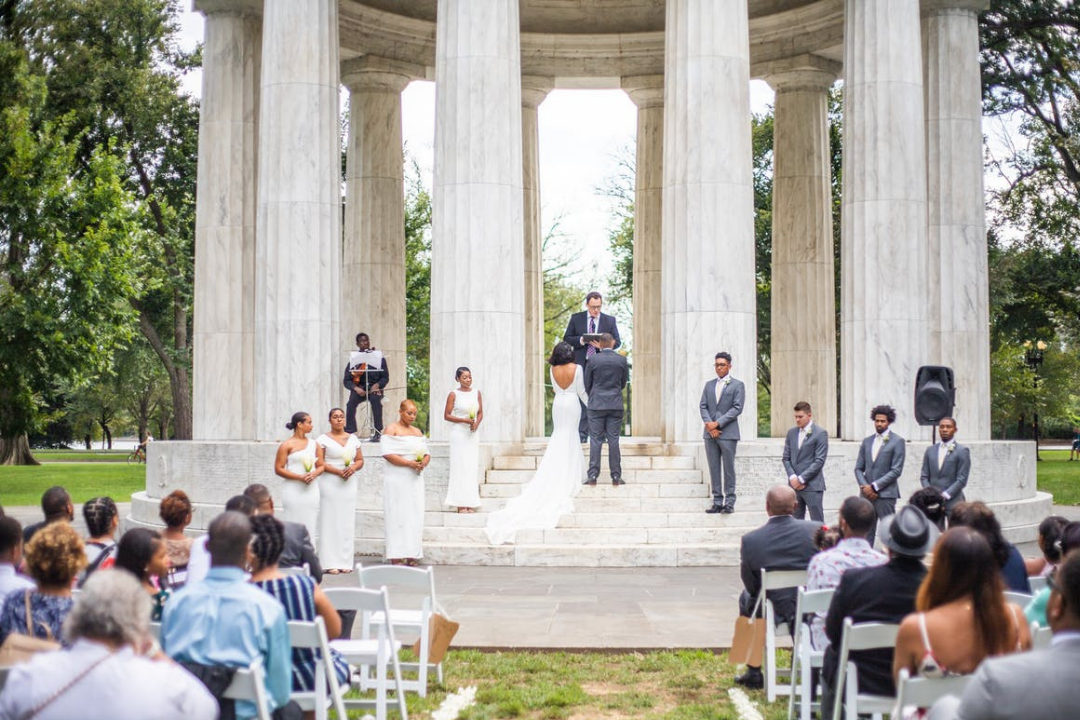
An essential person at a wedding, apart from the couple, is the wedding officiant, because, after all, they make the marriage official. That being said, this is someone you need to research and book early on in the wedding planning process. In this guide, we’re going to explain what wedding officiants do, and also provide a list of wedding officiant duties for your special day.
What Are the Different Types of Wedding Officiants?
There are many different types of wedding officiants; one is a religious officiant. This person can be a priest, a pastor, a rabbi, or an imam who is authorized to perform wedding ceremonies within or outside their religious institutions. Some symbolic customs and traditions are tied to religious services that make them solemn and intimate between the couple. If you choose this type of ceremony, book the church early. There may also be pre-marital classes and counseling before the wedding that you need to attend, which will help your religious officiant get to know you more before the big day.
Another type is a professional officiant, who is more flexible and can cater to both secular and spiritual wedding ceremonies. They can help personalize the wedding ceremony, depending on what the couple wants, whether it’s non-denominational or religious, or, perhaps, a balance of both. A professional officiant can guide a couple into ensuring that their wedding ceremony sounds and feels like it.
Couples who want to elope, or simply want to make their marriage legal, can opt for a civil officiant. This person is often a judge or justice of the peace who can perform the wedding ceremony at the office of the city or county clerk. Going this route is fast, easy, and hassle-free.
Nowadays, friends or family members can also officiate a wedding ceremony—this definitely would make a wedding ceremony personal and extra special for the couple. Check if the state where you’re getting married accepts this type of officiant, and, of course, ensure that he or she is (or plans to be) ordained. It would also help to consult a professional who can provide sample scripts and ideas on how to make the ceremony personal for the couple.
Related: How to Become a Wedding Officiant
What else does a wedding officiant do? Here’s a breakdown of the wedding officiant duties:
Before the Wedding Day
Make sure that the wedding couple has filed for a marriage license with the state or county before the marriage ceremony. Simply put, a wedding will not be legit without a marriage license. This can be filed 30 to 60 days before the wedding date, depending on the state (and, sometimes, even the county), where the couple is getting married. Remind the couple not to get the license too far in advance so that the certificate doesn’t expire by the time the wedding day comes along.
Meet with the wedding couple to discuss how the marriage ceremony will flow. It’s important to know the couple’s vision for their wedding, as well as the tone they want for their wedding day. Ceremonies can be spiritual, non-denominational, or religious. Are there traditions that need to be incorporated? What type of readings does the couple prefer? Do they want the ceremony to be funny or heartfelt? Do they need help in starting to write their wedding vows? The wedding officiant is in charge of creating a program that is all about the couple and what they want, to ensure a smooth flow of the ceremony.
Lead the wedding party at the ceremony rehearsal. The bridesmaids, groomsmen, best man, maid of honor, and kids all have roles to play during the ceremony. The rehearsal, which is usually the day before the wedding, is the perfect time to gather all parties together. Brief the wedding party when to walk down the aisle, where everyone’s respective places should be, and at what point they are going to be called up for their part. The wedding officiant facilitates the rehearsal to make sure that nothing is amiss on the day of the wedding.
During the Wedding
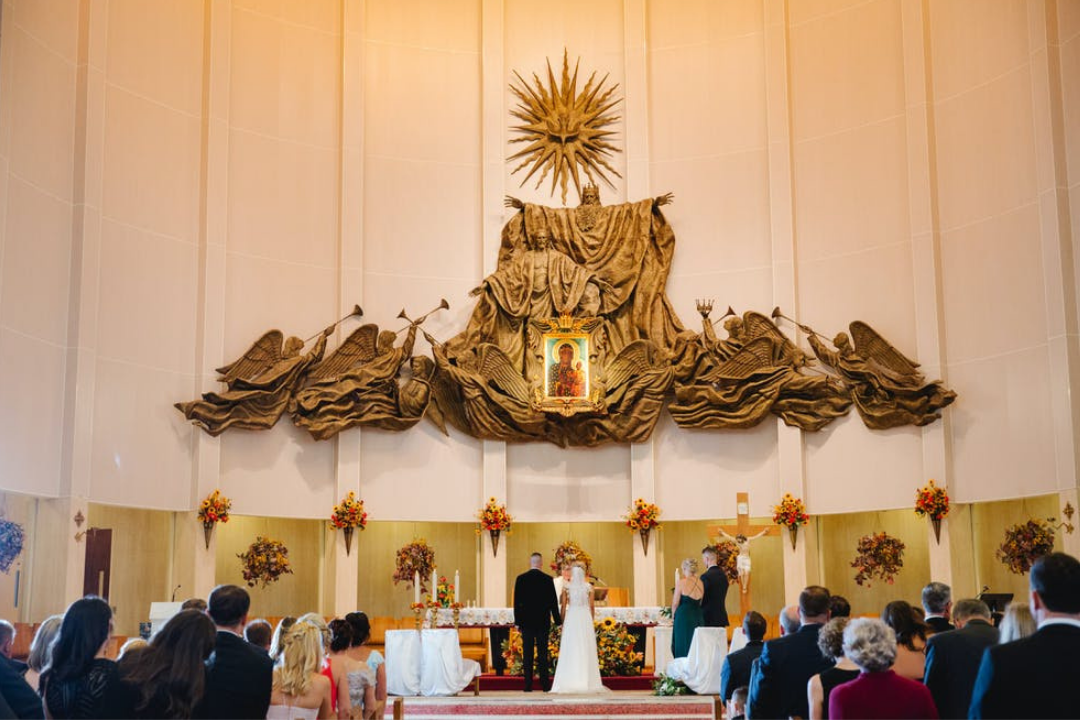
Perform the wedding ceremony. While there is no one-script-fits-all ceremony, there are two key elements that are required to be present in any ceremony. First is the declaration of intent. This is the time when the wedding officiant asks the words, “Do you take…?”. Second is the declaration or pronouncement of the couple as married. All the other segments of the ceremony program are nice to have, but having these two would make it binding and legal.
And, Lastly… After the ceremony, signing of the marriage license, and a pictorial with the newlyweds, there is one final step to make everything official: Turn in the completed marriage license to the city or county clerk. The wedding officiant has to return the signed and completed marriage license—either in person or by mail—and it has to be done promptly after the ceremony so that there’s no risk of the license being expired. The newly married couple will then receive the certified copy of their marriage contract by mail two to three weeks after the marriage license has been retired.
As you can see, the officiant has some very important duties when it comes to the big day. Whether you choose an ordained minister or a professional wedding officiant, this list includes everything they need to know for your civil marriage.
Up next for you

How to Become a Wedding Officiant
How-To
Thinking about becoming a wedding officiant? Follow these 5 steps to make it official.
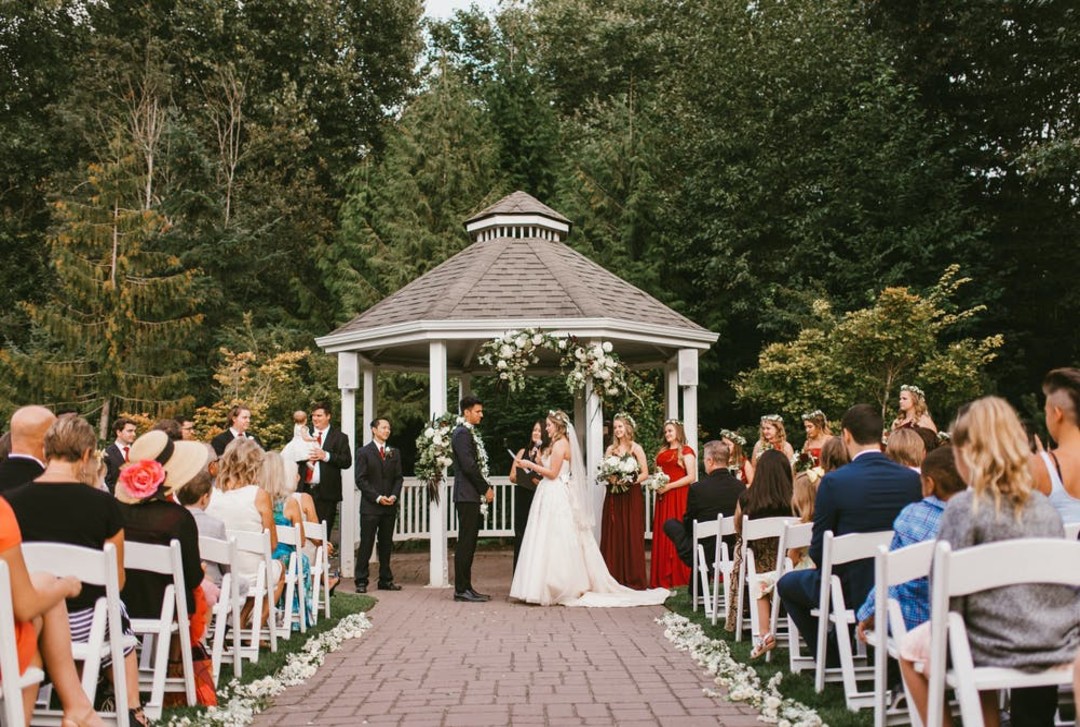
Everything You Need to Know About Wedding Ushers
How-To
A wedding usher can be a great addition to your wedding party. Read on to learn more about what wedding ushers do on the big day.
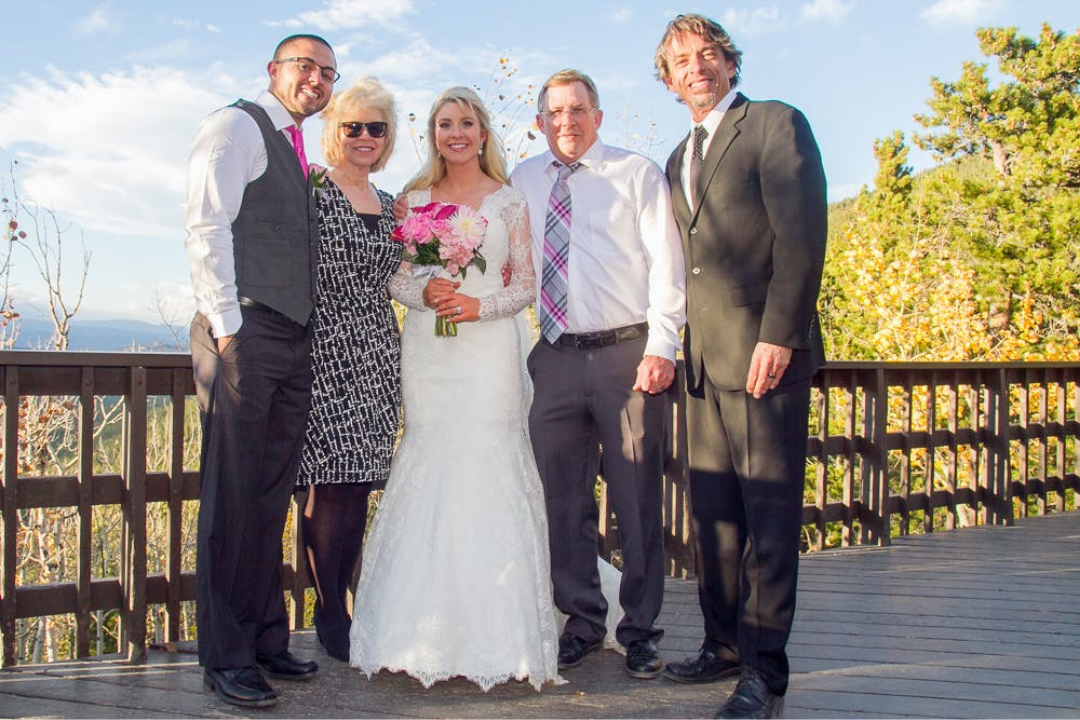
Mother of the Groom’s Duties
How To
Don’t know what your mother of the groom's duties are? Find out now with this informative guide.
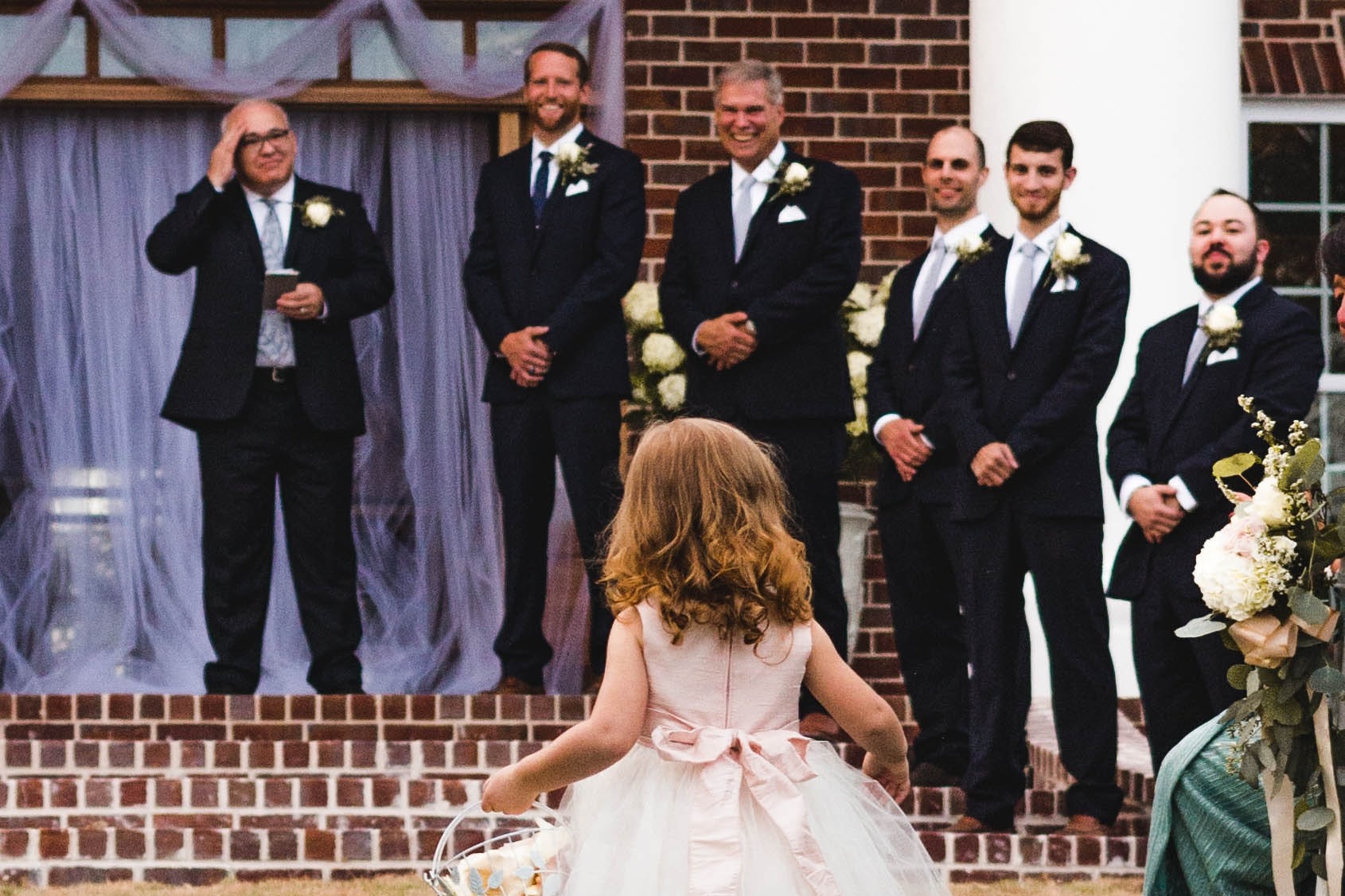
Flower Girl Duties— Everything You Need to Know
How-To
A flower girl is an essential part of any wedding. Here's a guide to help you understand what the duties of a flower girl are.
Featured
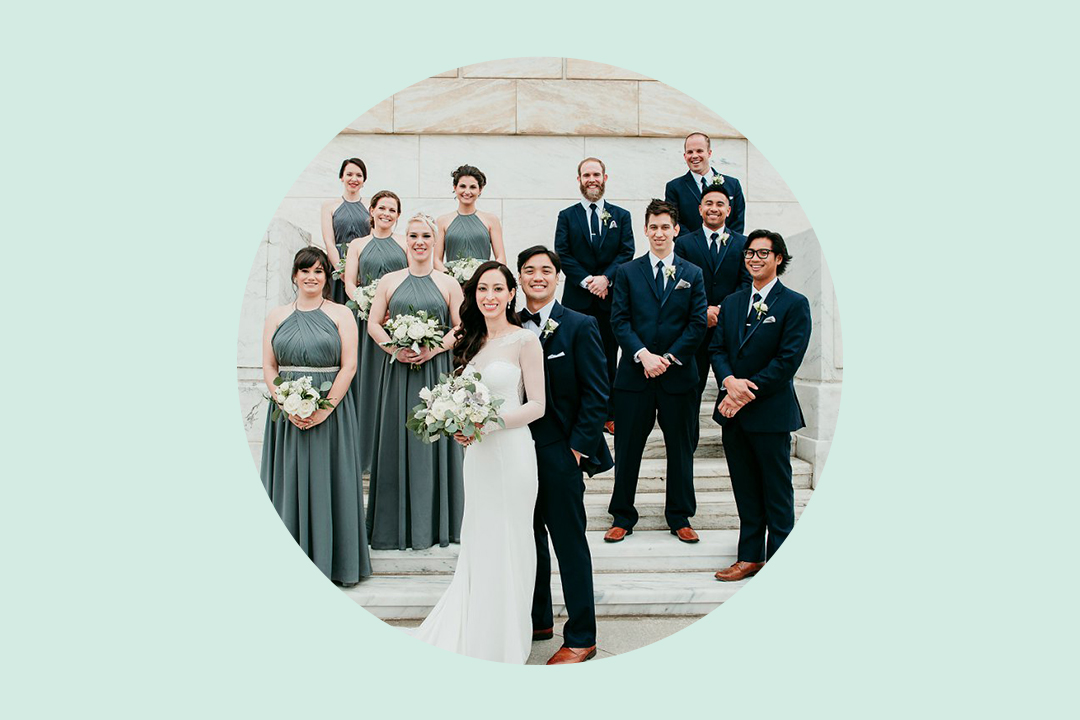
How Many People Should Be In Our Wedding Party?
Advice
You want to include everyone in your wedding party, but you know you can't. If you're having a hard time deciding who and how many, here's exactly how to figure out how many people should be in your wedding party.
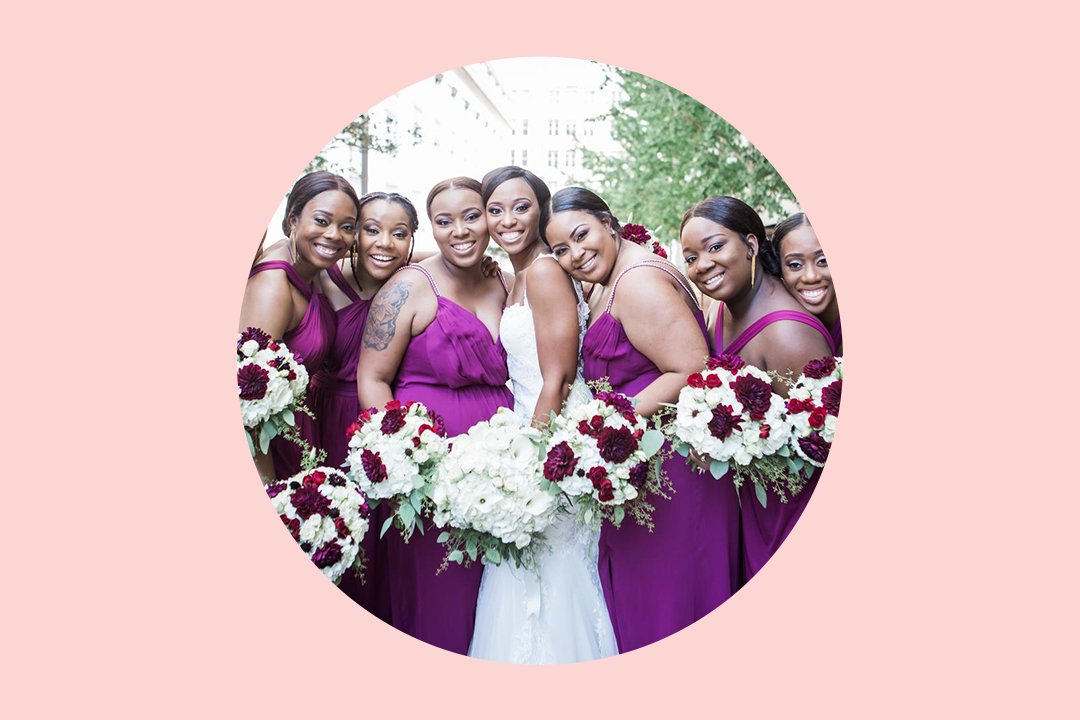
How to Cut Down Your Wedding Party
How To
You can't include everyone in your wedding party, unfortunately. Here's how to cut it down without hurting any feelings.
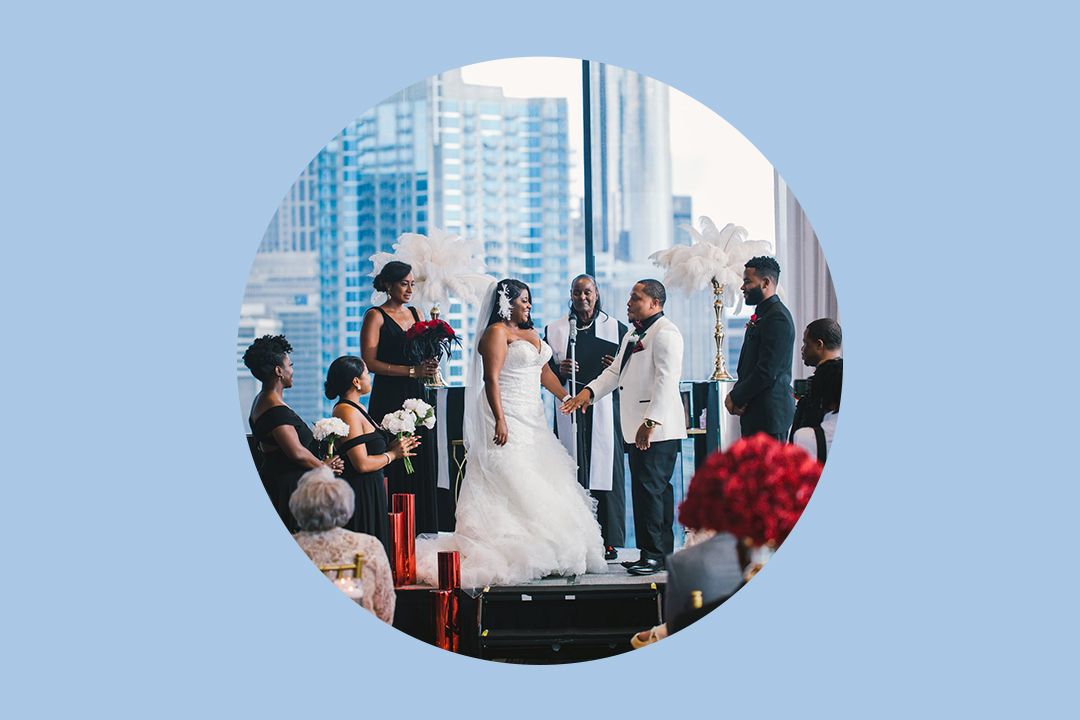
Bridal Party vs. Wedding Party: What's the Difference?
Inspiration
What's the difference between a wedding party & a bridal party? Learn more & get expert planning tips to help you prepare for the big day.

How to Tell Friends They Aren't In the Wedding Party
How To
You can't invite everyone to be part of your wedding party even if some friends expect it. Talk to them with tact with our guide to telling friends they aren't in the wedding party.
- Expert advice/
- Wedding planning 101/
- Wedding planning questions/
- The Duties of a Wedding Officiant
Find even more wedding ideas, inspo, tips, and tricks
We’ve got wedding planning advice on everything from save the dates to wedding cakes.
